2017 Chevrolet Bolt EV Brake Rotors and Pads
Click here to search another vehicle
All Rotors:
OEM x
Coated x
Drilled, Slotted and Coated x
Front x
Rear x
All Pads:
Ceramic x
Semi-metallic x
Front x
Rear x
Found 12 record
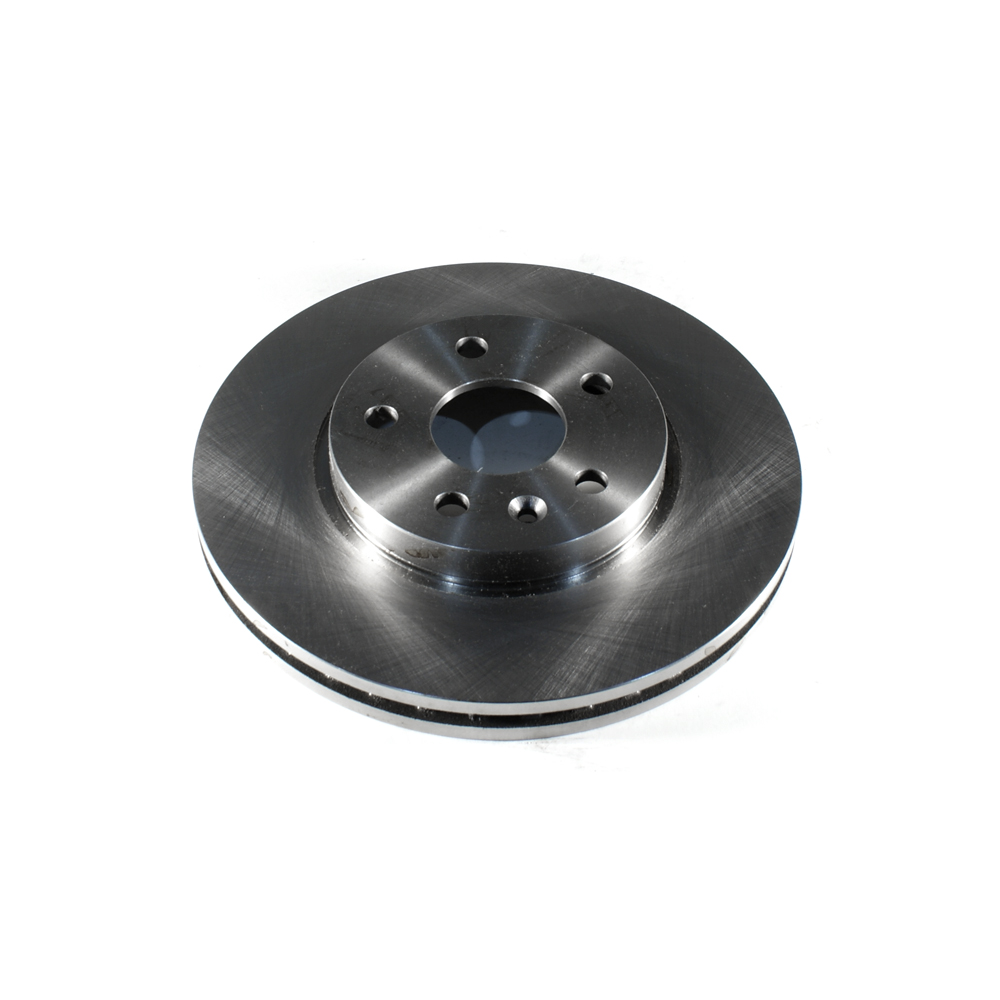
Part No: BR55185
Raybestos: 580770
OE:
Raybestos: 580770
OE:
$46.1 each
Per Car QTY: 2
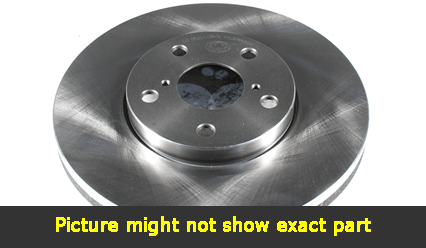
Part No: BR575190
Raybestos: 1771212
OE:
Raybestos: 1771212
OE:
$26.51 each
Per Car QTY: 2
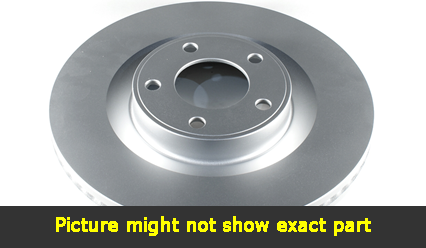
Part No: PP55185
Raybestos: 580770
OE:
Raybestos: 580770
OE:
$58.97 each
Per Car QTY: 2
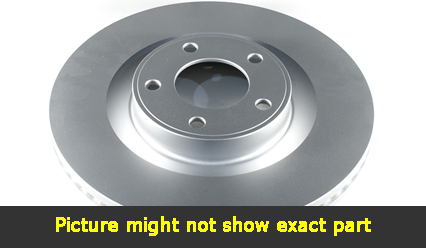
Part No: PP575190
Raybestos: 1771212
OE:
Raybestos: 1771212
OE:
$32.47 each
Per Car QTY: 2
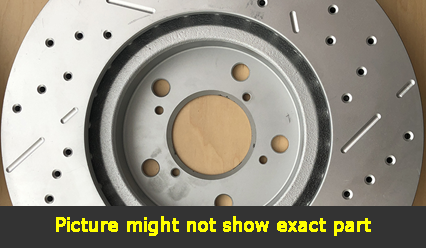
Part No: SP55185L
Raybestos: 580770
OE:
Raybestos: 580770
OE:
$91.37 each
Per Car QTY: 1
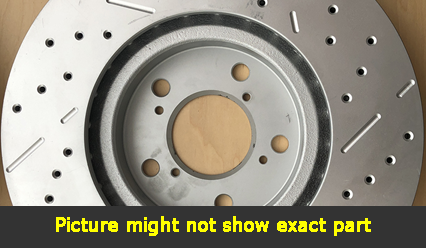
Part No: SP55185R
Raybestos: 580770
OE:
Raybestos: 580770
OE:
$91.37 each
Per Car QTY: 1
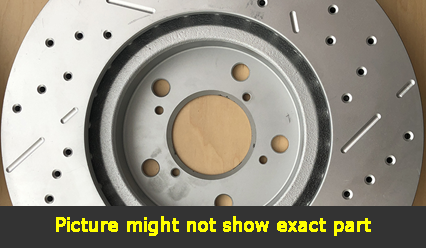
Part No: SP575190L
Raybestos: 1771212
OE:
Raybestos: 1771212
OE:
$64.87 each
Per Car QTY: 1
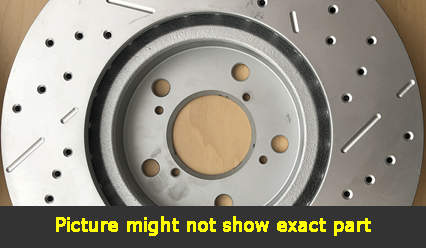
Part No: SP575190R
Raybestos: 1771212
OE:
Raybestos: 1771212
OE:
$64.87 each
Per Car QTY: 1
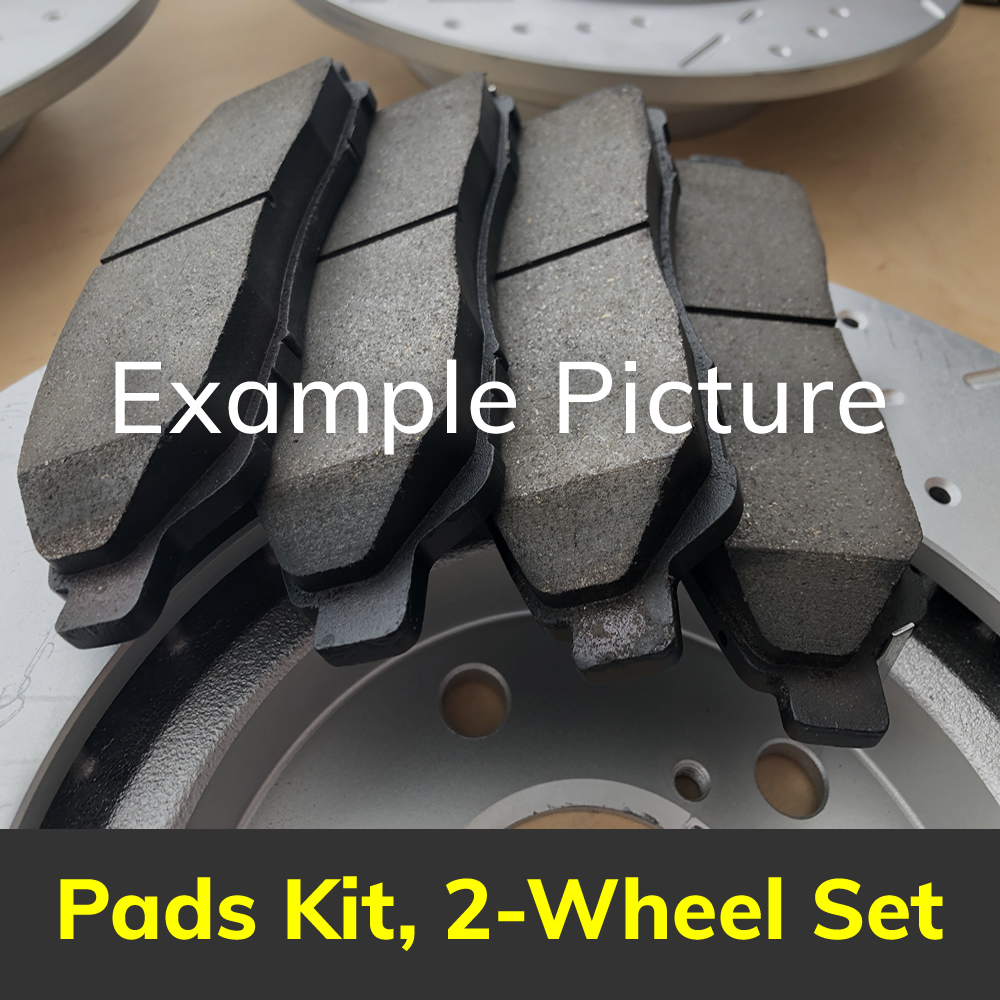
Part No: PD1844C
Raybestos:
OE:
Raybestos:
OE:
$24.98 each
Per Car QTY: 1
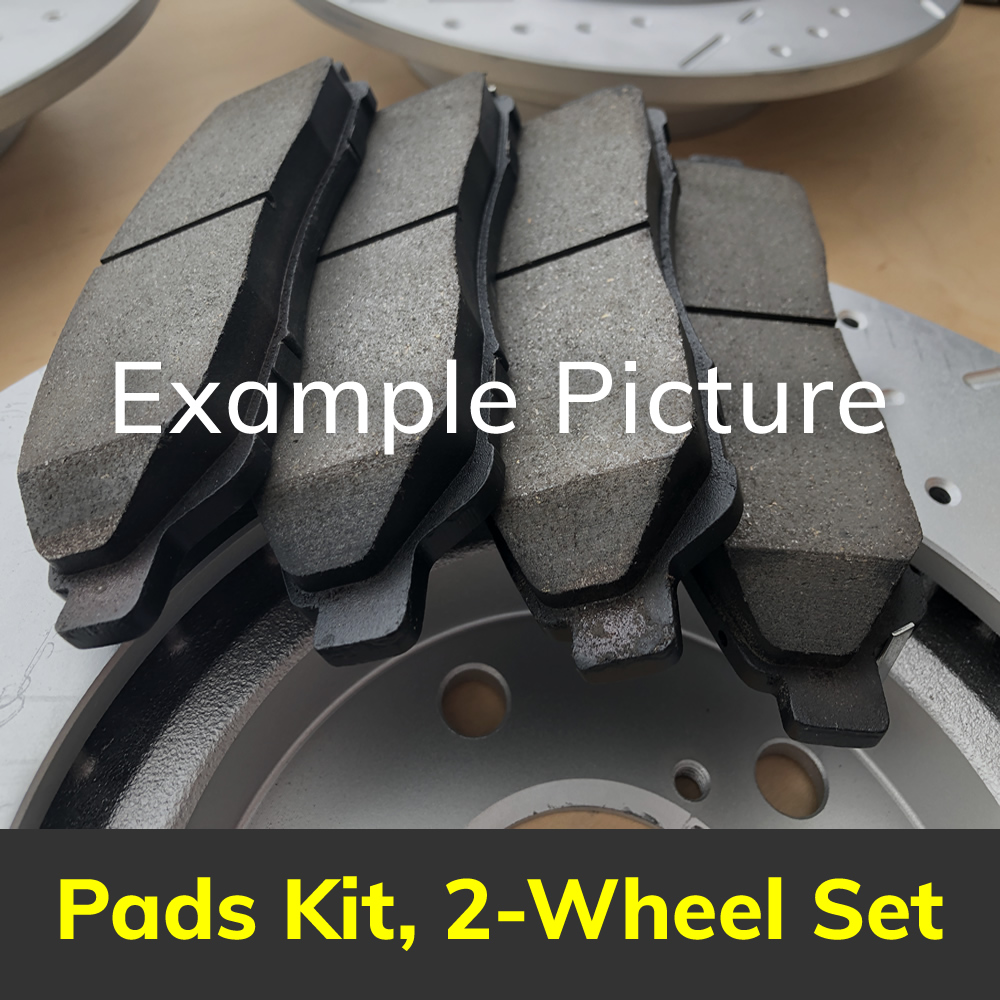
Part No: PD1857C
Raybestos:
OE:
Raybestos:
OE:
$32.17 each
Per Car QTY: 1
The Chevrolet Bolt EV, introduced in 2017, is an all-electric vehicle designed to be efficient, innovative, and environmentally friendly. As with any vehicle, choosing the right brakes for the Chevrolet Bolt EV is crucial to ensure optimal performance and safety. Here are some key rules to consider when selecting brakes for this particular car.
1. Consider the type of brake system:
The 2017 Chevrolet Bolt EV comes equipped with regenerative brakes, which convert kinetic energy into electrical energy to recharge the battery. These regenerative braking systems work in conjunction with traditional friction brakes. When selecting brakes for your Bolt EV, it is important to ensure compatibility and proper integration with the regenerative braking system.
2. OEM or aftermarket options:
When it comes to brake replacements, you have two options: OEM (Original Equipment Manufacturer) brakes or aftermarket brakes. OEM brakes are specifically designed for the Chevrolet Bolt EV and are manufactured to meet the performance and safety standards set by the original manufacturer. They tend to provide a reliable and consistent braking experience. On the other hand, aftermarket brakes may provide more variety and potentially better performance, but it is crucial to ensure their compatibility with the Bolt EV's regenerative braking system.
3. Consider the driving habits:
Driving habits play a significant role in determining the type of brakes that are best suited for your needs. If you frequently drive in stop-and-go traffic or downhill routes, you may require brakes with enhanced heat dissipation capabilities to prevent them from overheating. Alternatively, if you primarily drive on highways or open roads, brakes that offer high-speed braking performance and minimal brake fade might be a better fit.
4. Road conditions and terrain:
Consider the road conditions and terrain in your area. If you frequently encounter wet, snowy, or icy roads, it is important to choose brakes that provide reliable stopping power even in adverse weather conditions. Look for brakes that offer excellent wet braking performance and effective anti-lock braking system (ABS) control.
5. Brake pad material:
The choice of brake pad material also affects the performance and reliability of your brakes. There are three common types of brake pad materials: organic, semi-metallic, and ceramic. Organic pads provide low noise and dust but may have shorter lifespan and less aggressive stopping power. Semi-metallic pads offer better heat dissipation and higher braking performance but tend to generate more noise and dust. Ceramic pads provide excellent braking performance, reduced noise, and minimal dust; however, they may be more expensive than other options.
6. Consult a professional:
When in doubt, it is always advisable to consult a professional mechanic or brake specialist. They have the expertise and experience to guide you in selecting the most suitable brakes for your 2017 Chevrolet Bolt EV. Additionally, they can provide recommendations based on your specific driving habits, road conditions, and performance requirements.
In conclusion, choosing the right brakes for your 2017 Chevrolet Bolt EV involves considering factors such as the type of brake system, OEM or aftermarket options, driving habits, road conditions, terrain, and brake pad material. By following these rules and seeking professional advice, you can ensure optimal braking performance and safety for your electric vehicle.
1. Consider the type of brake system:
The 2017 Chevrolet Bolt EV comes equipped with regenerative brakes, which convert kinetic energy into electrical energy to recharge the battery. These regenerative braking systems work in conjunction with traditional friction brakes. When selecting brakes for your Bolt EV, it is important to ensure compatibility and proper integration with the regenerative braking system.
2. OEM or aftermarket options:
When it comes to brake replacements, you have two options: OEM (Original Equipment Manufacturer) brakes or aftermarket brakes. OEM brakes are specifically designed for the Chevrolet Bolt EV and are manufactured to meet the performance and safety standards set by the original manufacturer. They tend to provide a reliable and consistent braking experience. On the other hand, aftermarket brakes may provide more variety and potentially better performance, but it is crucial to ensure their compatibility with the Bolt EV's regenerative braking system.
3. Consider the driving habits:
Driving habits play a significant role in determining the type of brakes that are best suited for your needs. If you frequently drive in stop-and-go traffic or downhill routes, you may require brakes with enhanced heat dissipation capabilities to prevent them from overheating. Alternatively, if you primarily drive on highways or open roads, brakes that offer high-speed braking performance and minimal brake fade might be a better fit.
4. Road conditions and terrain:
Consider the road conditions and terrain in your area. If you frequently encounter wet, snowy, or icy roads, it is important to choose brakes that provide reliable stopping power even in adverse weather conditions. Look for brakes that offer excellent wet braking performance and effective anti-lock braking system (ABS) control.
5. Brake pad material:
The choice of brake pad material also affects the performance and reliability of your brakes. There are three common types of brake pad materials: organic, semi-metallic, and ceramic. Organic pads provide low noise and dust but may have shorter lifespan and less aggressive stopping power. Semi-metallic pads offer better heat dissipation and higher braking performance but tend to generate more noise and dust. Ceramic pads provide excellent braking performance, reduced noise, and minimal dust; however, they may be more expensive than other options.
6. Consult a professional:
When in doubt, it is always advisable to consult a professional mechanic or brake specialist. They have the expertise and experience to guide you in selecting the most suitable brakes for your 2017 Chevrolet Bolt EV. Additionally, they can provide recommendations based on your specific driving habits, road conditions, and performance requirements.
In conclusion, choosing the right brakes for your 2017 Chevrolet Bolt EV involves considering factors such as the type of brake system, OEM or aftermarket options, driving habits, road conditions, terrain, and brake pad material. By following these rules and seeking professional advice, you can ensure optimal braking performance and safety for your electric vehicle.




